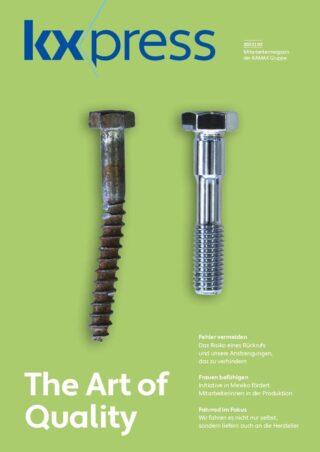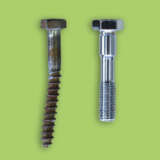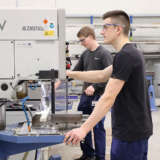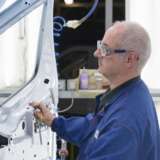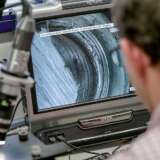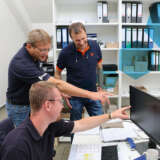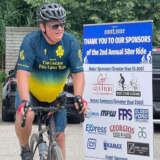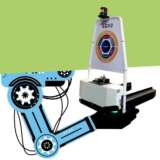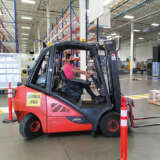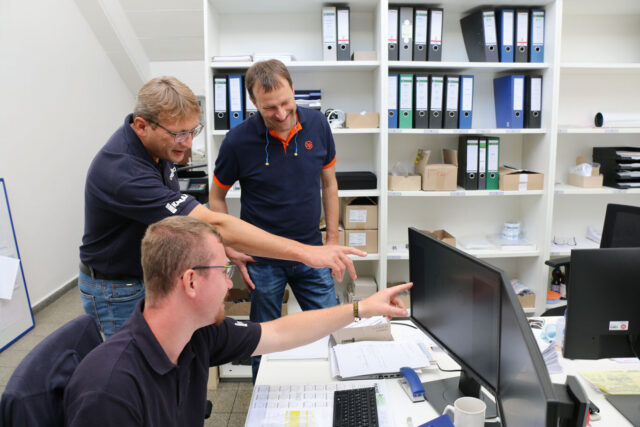
The winding road to the vehicle of the future
The small team, which handles more than 250 orders every year, plays a key role in winning new orders for our company – mostly in Europe.
When Christian Geisel talks about the Test Parts Department (which we also sometimes refer to as the Prototype Department), you immediately get a sense of the experience of more than 25 years at KAMAX. Geisel is the longest serving member in the department, which given its importance for the company, tends to fly under the radar. But the team’s work is critical to our commercial success: started in 2016, it produces nearly all of the test parts for the entire KAMAX Group. These parts are requested by customers who are in the development phase of a new vehicle or component – perhaps a new engine or chassis. If our samples are suitable, they influence our customer’s development process and are very likely to become series orders within a few years.
Today, the department is a three-man show at KAMAX Tools & Equipment: In addition to Geisel, Simon Bräutigam has been part of the team since 2018 and Dirk Löchel joined at the beginning of July. The team’s task is challenging: Inquiries from the customer must be processed very fast and the resulting orders must be manufactured and delivered to the customer quickly in order to have a chance of winning the new order. The reason for all of the rushing around is because, unlike with other orders, the potential customer also presents his request to competitors at the same time. “Time is money in this business,” says Christian Geisel. The department generates around 500,000 euros in sales every year.
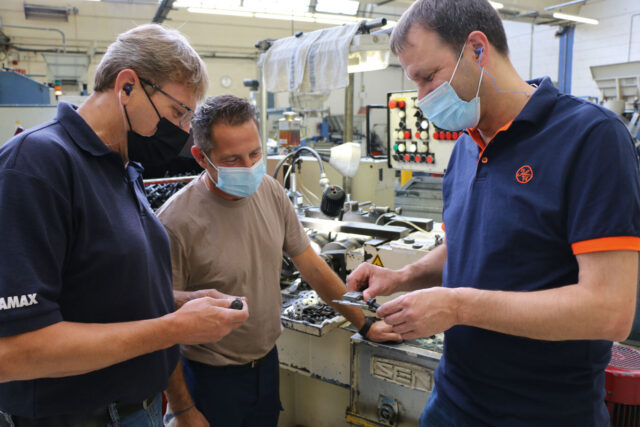
Dirk Löchel (left) and Christian Geisel (right) in conversation with Thomas Weiser, setter at SO, at a hand-operated rolling machine.
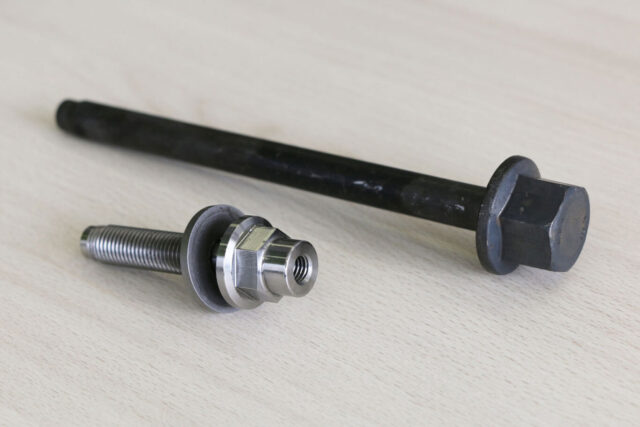
Rohling (rechts) im Vergleich mit dem daraus angefertigten Versuchsteil (links)
This success is primarily due to the tireless efforts of the three employees. In fact, Geisel and his two colleagues handle an almost unbelievable number of transactions: In total, about 250 – 300 orders every year – from the first inquiry to shipping. That’s an average of around 100,000 parts. To manage this task, they create material numbers in SAP and establish production orders that are individually tailored to the test part. Orders to external service providers are just as much a part of day-to-day business as quality assurance during the process, packaging and external work steps. In addition, there is also a constant exchange of ideas and information with sales colleagues and application engineers. In total, an order has around 70 sub-processes that have to be monitored. With up to 30 orders running at the same time, the colleagues manage 210 sub-processes simultaneously.
The big challenge: Everything is manufactured on internal production machinery – a truly Herculean task in the tightly scheduled processes. With a lot of skill, they have to find gaps in the day-to-day business to produce the test parts. Despite this conflict of interest between series production and support for potential new orders, the team almost always finds a solution. For example, they generally manage to deliver a part within 20 to 25 days after an inquiry is received.
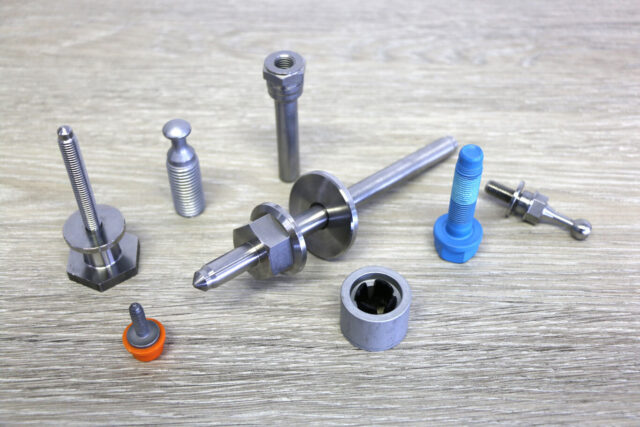
With more capacity, even more orders could be won – the demand is most definitely there. “In the future, it would be ideal to have a self-sufficient test parts production facility so that we don’t have to constantly disrupt the series production processes,” emphasizes Geisel. This would enable the entire department to work even more effectively and contribute even more to value creation in the company.
KXpress
